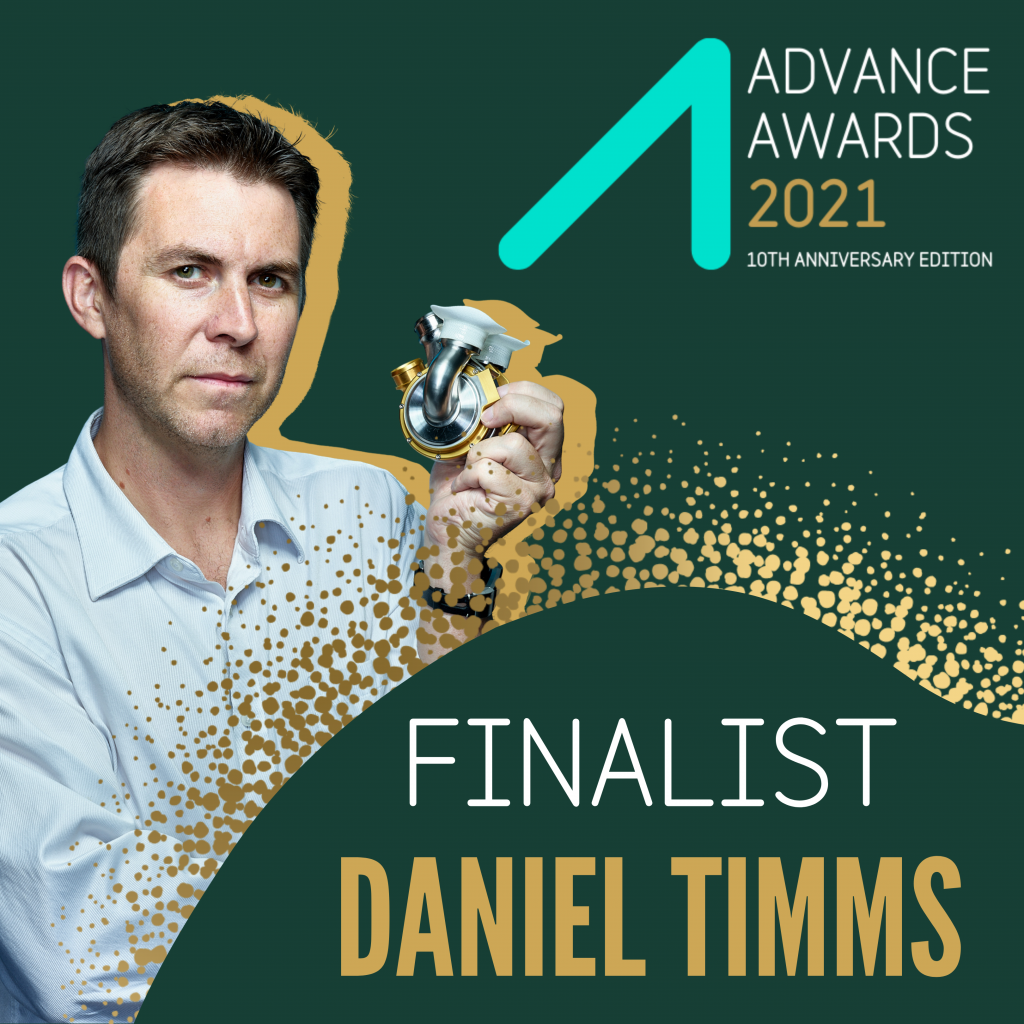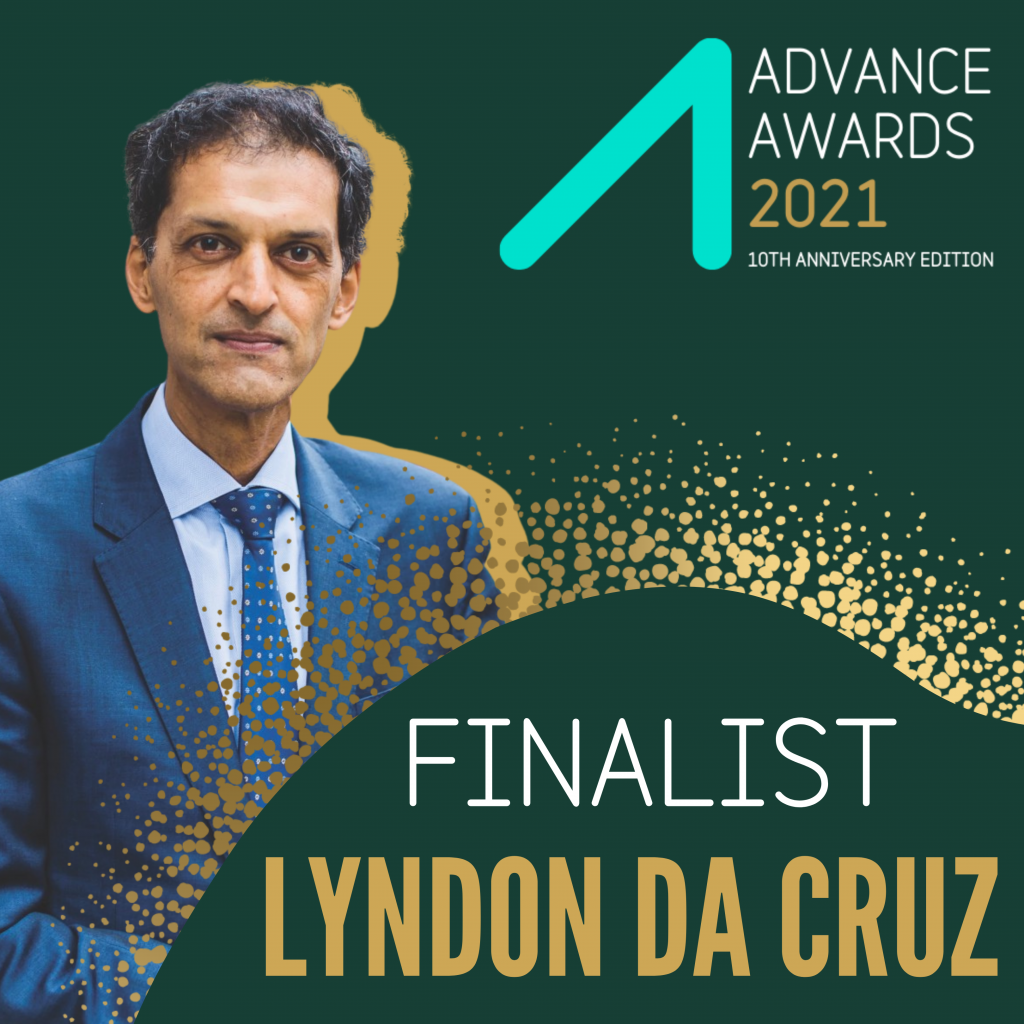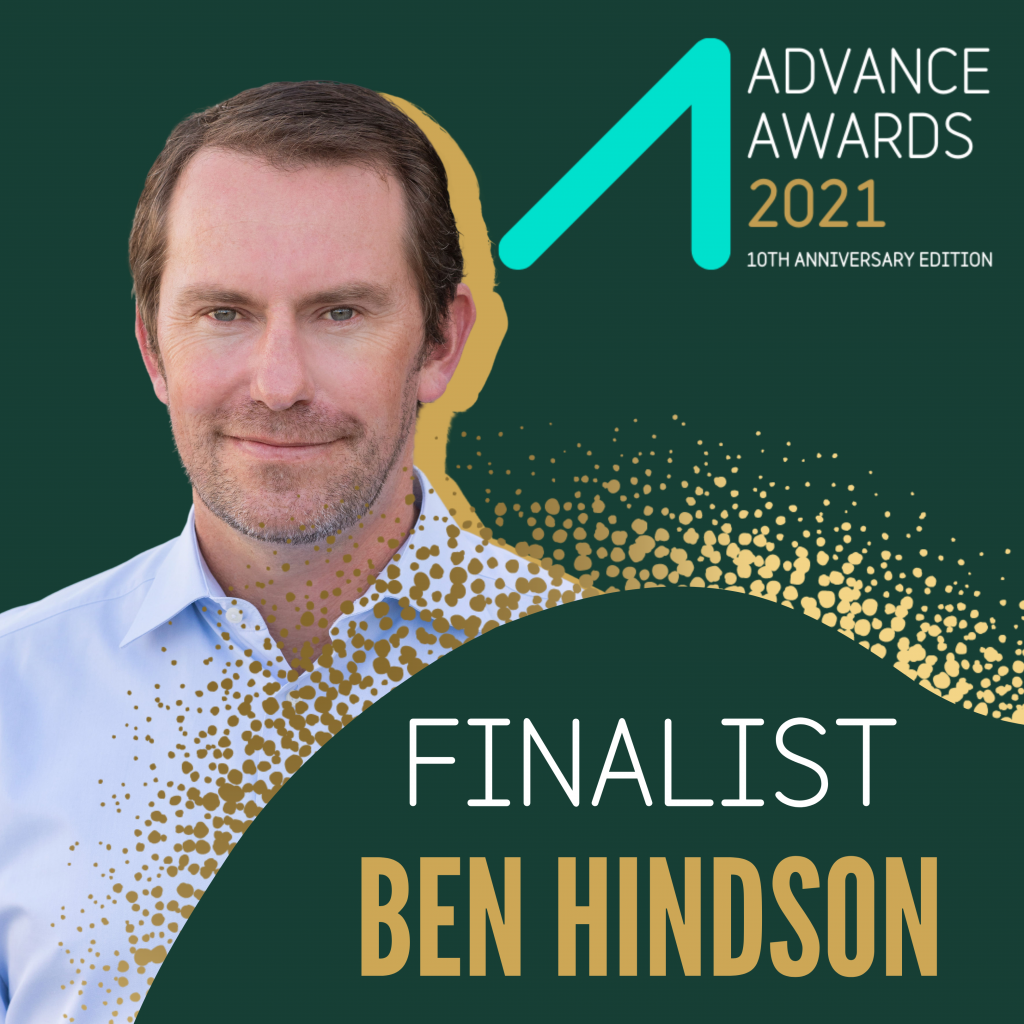
Dr Daniel Timms
Dr Daniel Timms is a medtech heart throb, having designed a device to totally replace the heart! Growing up in Brisbane, the young Dr Timms spent many hours helping his plumber father build contraptions with water pumps and waterfalls. When his father was diagnosed with a heart condition, the Ph.D. biomedical engineering student tinkered in the shed with his ailing Dad to build a rudimentary model of the human cardiovascular system. Though his father died of heart failure in 2006, Dr Timms continued on his mission to change the future for the estimated 23 million people who will succumb to cardiovascular disease by 2030, rendering them in desperate need of a heart transplant. According to one Professor, Dr Timms’ went without a salary for a year, slept on many couches, but resolutely kept going and got the job done. His invention of the revolutionary BiVACOR titanium heart is internationally lauded as the basis for future artificial heart design & potentially viable alternative to heart transplantation. Called the BiVACOR, the machine is small, lightweight and deceptively simple. It uses a magnetic field, a spinning disc and centrifugal force to pump blood. Because there is only a single moving part and no friction, it is expected to be extremely durable. It is small enough to implant in many children but able to support an adult undergoing mild exercise.
Commencing his research and development at Brisbane’s Prince Charles Hospital, Dr Timms then advanced his research work with international institutions including Germany’s Helmholtz Institute. At 28 years old he received the ISRBP Asian Artificial Heart Award. He founded the Innovative Cardiovascular Engineering and Technology Laboratory and continues to collaborate with leading global researchers, surgeons & scientists on the development of other devices. Today Timms continues his quest as the Director and Chief Technology Officer of his company Bivacor. It is currently headquartered in Los Angeles, where it’s preparing for clinical trials of its artificial heart.
“I’m motivated by providing a viable solution to one of the world’s most prevalent diseases will extend a heart failure patient’s life and allow them to spend more quality time with their family.”

Prof Lyndon Da Cruz
Professor Lyndon da Cruz is a retinal surgeon changing the world view for many people suffering blindness across the world. He is chief investigator and surgeon for the bionic eye implantation project in London and is currently clinical lead on The London Project for transplanting stem-cell-derived retinal cells for patients with Macular Degeneration. His career achievements include leading the Argus II artificial retina programme at Moorfields Eye Hospital and teaching surgery and ophthalmology to doctors in developing countries. Driven to make a positive impact on the lives of patients with retinal diseases, Prof Cruz leads the creation of a stable biological-electronic interface to solve for an extremely damaged retina. The interface remains stable for many years, while giving some patients enough resolution to read words and letters consistently. The Argus II has recently been made available as a treatment for patients with severe vision loss due to retinitis pigmentosa and outer retinal dystrophies. It is the first regulated treatment for severe vision loss of any type for restoring vision.
Prof Cruz completed his medical studies in Perth, Western Australia. He was awarded the State Health Department research prize for public health during his studies and received a degree in Philosophy and Physiology from Oxford University. He began his research interest in retinal disease at the Nuffield Laboratory of Ophthalmology, in Oxford. Prof Cruz was nominated the Menzies Scholar for Australia by the Australian MRC and the Menzies Foundation. He was also awarded the Howard Florey Fellowship from the Royal Society. In 2003 he was appointed Consultant Ophthalmic Surgeon in medical and surgical retina at Moorfields Eye Hospital and was later appointed Professor of Retinal Stem Cell and Transplantation Surgery at UCL. Prof Cruz says he remains motivated to continue innovating due to his constant contact with patients who still cannot see and the inspiration he finds in young doctors and researchers who continue to be hungry to learn and push the boundaries of medicine further.
Throughout his career, Lyndon has been awarded the Gulstrand Medal (Swedish National Ophthalmic Society, 2010); the Harold Ridley Medal (The Ridley Foundation, 2015); The Denuncio medal (The Italian Society of Ophthalmic Professors, 2016); the Ruskell Medal (Worshipful company of Spectacle Makers, 2018) and the Alan Alderman Award for Excellence (Macular disease Society, 2018. He was also given the52nd Walter Wright Memorial Lecture (University of Toronto, 2013); The Harold Ridley Lecture, 2015 and the Miocevich Lecture, The University of Western Australia 2016. In 2020, Lyndon was awarded Australian of the Year, UK for his work in Medicine. Specifically in research, teaching in the developing world and clinical Ophthalmology.
“I remain constantly motivated by the patients who we still cannot treat and seeing their desperate need for new treatments and the good fortune of teaching young doctors and researchers”

Dr Ben Hindson
Dr Ben Hindson is an entrepreneur and a visionary at the forefront of life-science tools. He co-founded early-stage biotech company 10x Genomics with a mission to democratise single cell analysis. The company achieves this by bringing software specialists, hardware experts, biologists, chemists and data scientists to address the complexities of biology and disease with more accessibility and affordability. As President, Co-Founder, Chief Scientific Officer, and Director at 10x Genomics, Dr Hindson says starting the company “wasn’t all about me, it was all about what we can do for the world”. 10x Genomics builds products to interrogate, understand and master biology to advance human health. The company’s integrated solutions include instruments, consumables and software for analysing biological systems at a resolution and scale that matches the complexity of biology. The single-cell products can enable high-throughput analysis of individual biological components up to millions of single cells. These technologies help accelerate discoveries in research areas including drug and CRISPR screens, large-scale translational studies, cell mapping, antibody discovery, and biomarker identification. The single-cell sequencing products are used by all the top 100 research facilities globally, and the 10x Genomics team are currently working with Axiom Space to ensure that researchers in the International Space Station have the same powerful capabilities to help answer questions such as how humans live in space long-term.
Prior to co-founding 10xGenomics, Dr Hindson lived in Geelong Australia and completed a Deakin University Bachelor of Science and PhD in Chemistry. The ground-breaking company went from startup to product launch in less than three years. Subsequent product launches brought a range of fundamental new capabilities to accelerate research across different areas of biology. 10x Genomics announces new products early and often, testing them to see how they succeed in the market. The company holds over 700 patents or patent applications for assays and instrumentation. Most recently, the company has released its new Visium Spatial Gene Expression for FFPE. The product combines the benefits of histological techniques with the massive throughput and discovery power of next generation sequencing, advancing discoveries in clinical research. 10x Genomics is playing an important role in the COVID-19 response – supplying products to academic labs, research institutes and pharmaceutical companies around the world.
“Helping others succeed, thereby inspiring the next generation of scientists and engineers”